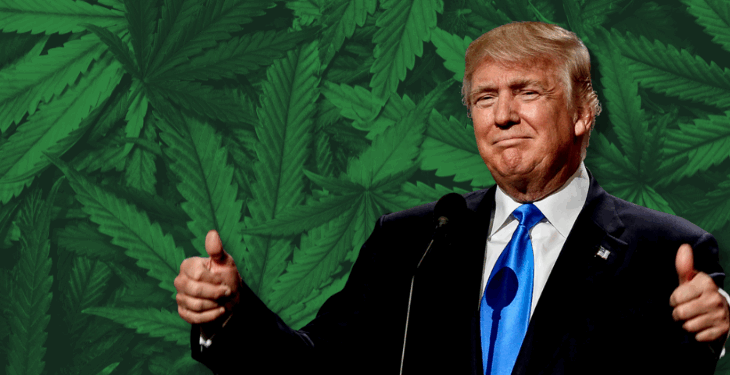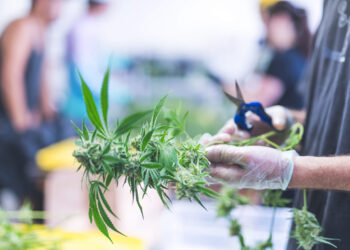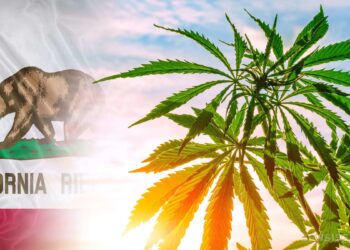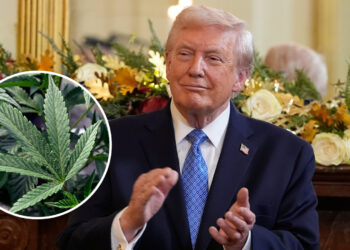Federal officials are ramping up their anti-cannabis rhetoric even as President Donald Trump weighs whether to reschedule marijuana under federal law—a move that could significantly change how the drug is regulated nationwide.
In a press release Tuesday, the Department of Homeland Security (DHS) and U.S. Customs and Border Protection (CBP) touted a recent “surge” in drug seizures, claiming that “deadly drugs—including fentanyl, cocaine, heroin, methamphetamine, and marijuana—increased substantially from July to August.” The agencies described the operation as part of an ongoing effort to “stop harmful drugs from entering the United States.”
That language—lumping marijuana together with substances responsible for tens of thousands of overdose deaths—has drawn criticism from reform advocates and health experts who note that cannabis has not been linked to fatal overdoses. Nonetheless, DHS maintained that “cartels are increasingly desperate to keep doing business, but the Trump Administration is stopping their deadly operations.”
The statement underscores a continuing tension in federal messaging. While Trump recently shared a social media video highlighting potential therapeutic benefits of cannabidiol (CBD), his administration’s law enforcement arms continue to treat marijuana as a serious criminal threat.
“Secretary Noem and the Department of Homeland Security are fulfilling President Trump’s promise to make America safe again by dismantling drug cartels and stopping the flow of deadly drugs into American communities,” DHS Assistant Secretary Tricia McLaughlin said.
CBP also issued a warning on social media Tuesday cautioning travelers that marijuana remains illegal under federal law—even for medical use—and that possession or transport across the border could lead to “serious consequences like seizure, hefty fines, or even arrest.”
The announcement follows months of scrutiny from Congress over alleged cartel involvement in illicit cannabis operations. It also comes as CBP faces lawsuits from licensed marijuana companies in New Mexico, who claim the agency has unlawfully seized state-regulated products.
Despite limited policy changes—such as a shorter employment ban for past marijuana use—CBP and DHS continue to signal that, for now, federal prohibition remains firmly in place.
Read the whole article from Marijuanamoment here.













